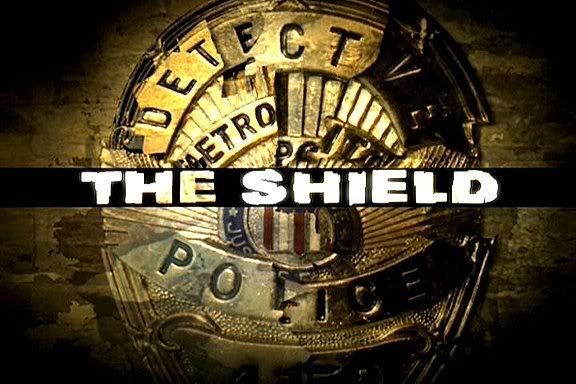Ten years ago today, a man in a suit woke up in a bamboo forest on a strange island in the Pacific ocean, walked out onto a beach, and ran into a scene of pure chaos.
The first scene of LOST, with this man running between pieces of plane wreckage, shouting orders and saving lives while people panic and scream and plane wreckage explodes, is one of the most memorable first scenes of any show in television history. From the very start, it was clear that the show was something different, something special. The beautiful Hawaiian scenery makes it stand out, as does the impressive set piece that opens the series.
The first episode is movie-like in its scale, its cinematography and its budget. Famously, it was the most expensive pilot (hehe) ever made at the time, and the chairman of ABC got fired for pitching and commissioning the show because of its enormous cost – but he got the last laugh. LOST became a massive, unprecedented hit in America and internationally.
Millions of people all over the world waited eagerly for another weekly fix of island mystery, character drama, emotional flashbacks and shocking cliffhangers. Each episode arrived with an enormous amount of hype. Each episode felt like an event. It was appointment television that you had to watch, or you’d miss out on what everyone else was talking about the next day, in real life and online. There hasn’t really been anything like it since, though Breaking Bad and Game of Thrones have come close.
Other networks tried to copy LOST‘s success by producing shows with a similar formula: big cast + expensive pilot + high-concept mystery + sci-fi bits + flashbacks = Success. Flashforward and The Event were two such shows, hyped up by networks as the next big thing, but both were cancelled after one season and poor-to-mediocre reviews.
In their desperation to hook the viewer in with a big WTF moment, expensive spectacle and clever use of flashbacks (and forwards), these shows missed what made LOST so great.
Yes, people tuned in for the mysteries and the craziness and the endless twists and turns and big cliffhanger-endings that left viewers with their jaws hanging open and their mind reeling from what they just saw. But what got the audience really invested in the show, especially during the first season, was finding out who these plane crash survivors were.



